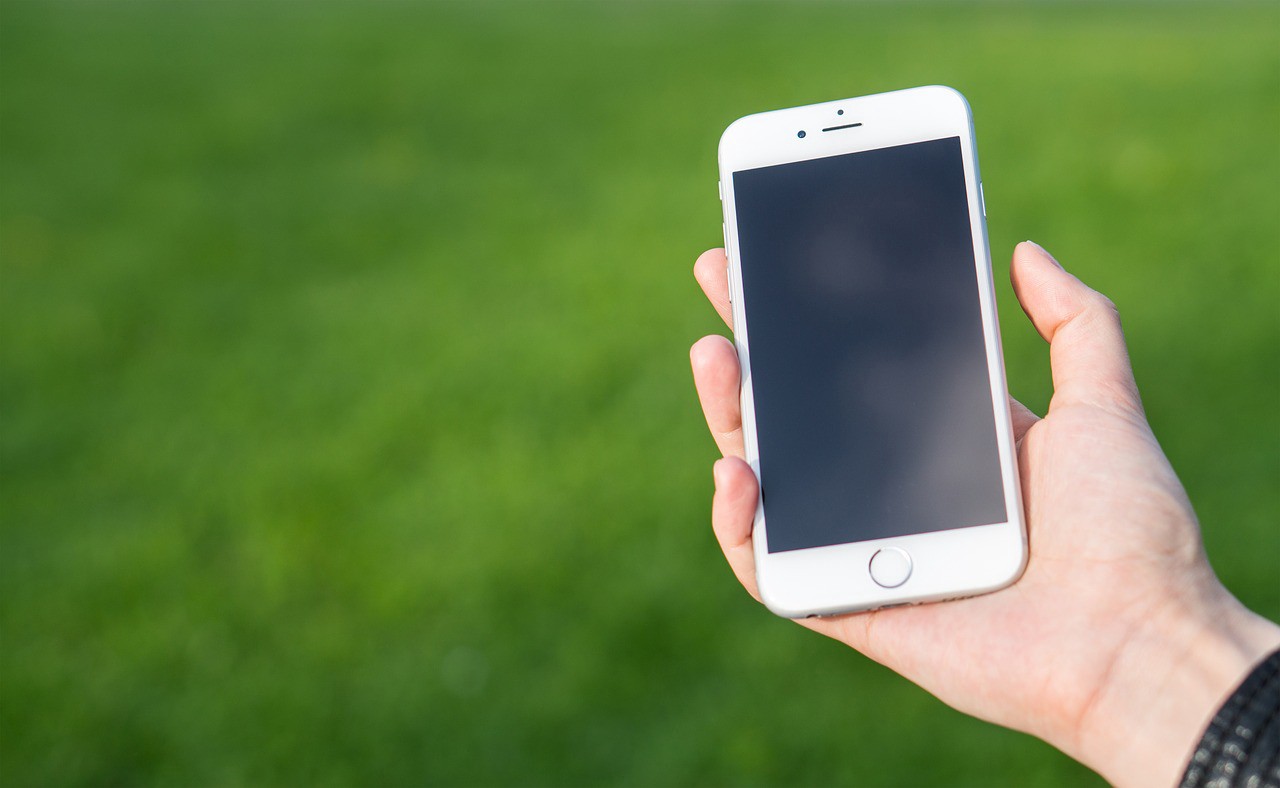If you’re a big-time Facebook user, it’s likely that just catching a glimpse of the social network’s logo could make you feel good, and maybe even log on.
And the more you crave your Timeline, the better seeing its image makes you feel, even if it’s for less than a second. It’s the latest evidence that when people crave technology, they’re more sensitive to it.
For the study, published in the journal Cyberpsychology, Behavior, and Social Networking, a team of researchers recruited 200 people online to complete an unconscious affiliation test. Participants were presented with a priming image for 75 milliseconds, then a blank screen, then a Chinese pictograph for 100 milliseconds. Lead author Guido M. van Koningsbruggen, a social psychologist at Vrije Universiteit in Amsterdam, explained to Thrive Global that this test gets to more spontaneous reactions compared to simply asking someone a survey question.
The priming image was either a Facebook-related image, like the logo or a Timeline, or a neutral image, like a stapler or tape. After looking at the pictograph, they then rated how pleasant they found it. The participants also reported how often they used Facebook and how much they craved using the social network.
Unsurprisingly to anyone who’s ever gotten lost in a Timeline, the more frequent Facebook users rated the pictographs higher than if they’d just seen office supplies. But the people who didn’t use Facebook much didn’t feel any differently after seeing an F logo or a stapler.
Van Koningsbruggen added that psychologists already know that the bigger the positive reaction people have for these quick-flashing images — whether you’re talking chocolate cake or social media — the harder it is to resist their temptations,
“This can be unproblematic, when you don’t have to do other things and are just looking for some entertainment,” he said over email. “On the other hand, this might make it more difficult to resist the desire of using social media when you need to do other things (e.g., study for an exam).”
He was also careful to note that with this kind of experiment, you can’t say what caused what — like that these more positive reactions would cause problematic Facebook use.
It’s a new twist on the old adage that when you fall in love with someone, you see their face everywhere. If you’ve fallen for Facebook, then even the briefest images related to Mr. Zuckerberg’s empire will make you happy — similar to how people who are dependent on their cell phones are more likely to feel phantom cell phone vibrations. The more you want something, the more you react to it, whether you realize it or not.
Originally published at medium.com


